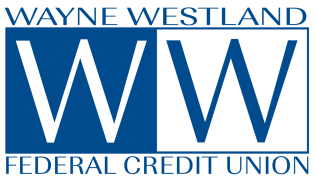While this school year is going to be an unusual one, one thing remains the same … Our kids will need school supplies! Since back-to-school shopping is hard to avoid, we figured we’d give you a few ways you can save on supplies.
- Do an Inventory
Chances are, you have plenty of school supplies left over from last year. Have your kids help you collect and go through all of the supplies you have on hand. Have a spiral notebook with only a few pages used? Rip them out and you’ve got a new notebook! If your kids are learning from home this year, the good news is your kids will be able to share many of their supplies like highlighters, colored pencils and more! - Think About a Swap
Touch base with your fellow parents and see if you can make a school supply exchange. They might have an extra three-ring binder or glue sticks while you may have something they need as well. - Hit Up Thrift and Consignment Stores
Whether your kids are learning from home or the classroom, there’s no reason to spend your hard-earned money on expensive new clothes. Don’t forget to check out your local thrift and consignment stores first, before heading to your favorite stores. Especially if your children are younger, don’t care so much about labels and grow out of their clothes more quickly. They’re not going to mind wearing gently used clothes if they have what they want. - Visit the Dollar Store
You might be surprised the amount of affordable school supplies you can find at a dollar store. Stock up on pencils, erasers, two-pocket folders, you name it! We recommend you go to the dollar store first, and then visit the big box stores to fill in the blanks on your list. - Go Online to Save
Store apps and websites are a veritable treasure trove of discounts. Many stores offer mobile and online coupons to help you save a few bucks. Get on their email lists to get advance notice of upcoming sales and coupon codes as well. - Put Your Kids to Work
Does your child want an expensive pair of sneakers or need a high-ticket item like a graphic calculator? Make them work for it! Sit down with them to determine what chores they’ll need to do to earn enough money for what they want/need. They might decide they either don’t want the item after all or agree that a more affordable option is a better idea.
COVID-Related Supplies
Don’t forget your child will need additional coronavirus-related school supplies this year. Shop for them as early as you can since they’re probably in high demand:
- Face masks
- Small containers of hand sanitizer (for backpacks)
- A lap desk if they’re at home for school
- Unique school supplies like cute erasers or character pens/pencils to make this unusual school year a bit more fun
Having a hard time making ends meet and can’t afford all of the school supplies your child needs? WWFCU is offering a great-rate Back-to-School Loan. Click here for details.


